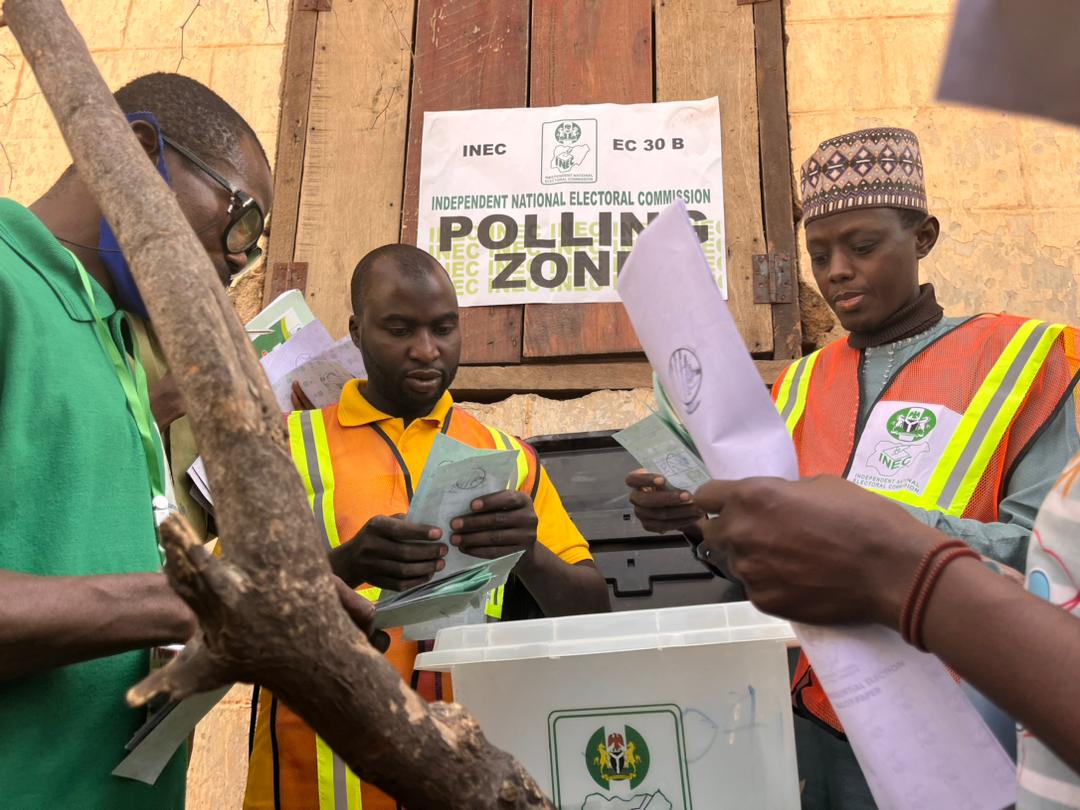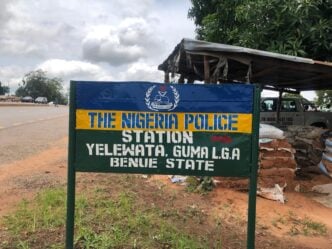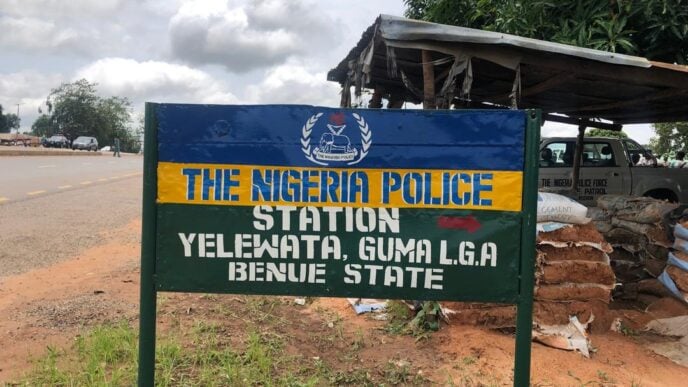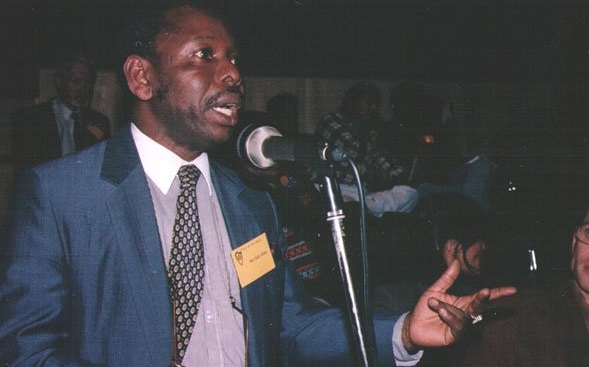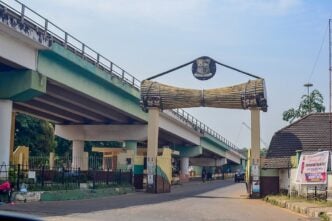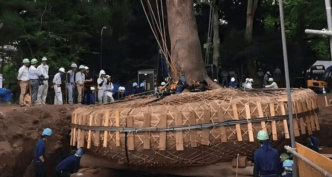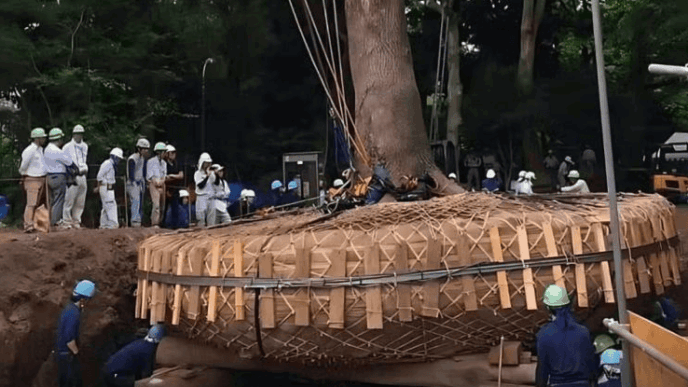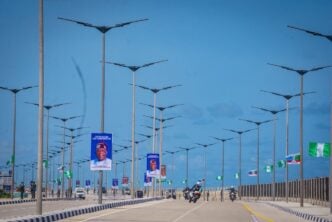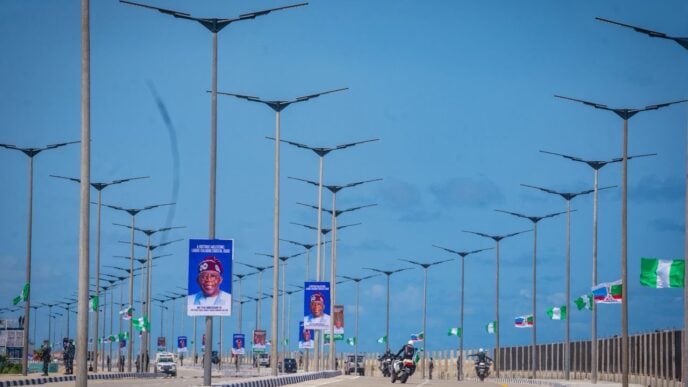BY HABEEB ADISA
Nigeria’s internet scene has undergone significant changes in the past few years. Digital platforms play a significant role in how Nigerians access their news and engage in civic life. As of 2023, more than 122 million people utilise the internet, and social media is becoming the most essential location to find out about politics. But this increase in technology has made it easier for false information to propagate without any protection. As we edge closer to the next general election in 2027, the rise of synthetic media, especially deepfakes, poses a serious and immediate threat to the credibility of the democratic process and the public’s trust in the results of elections.
Deepfakes are fake audio and video that look and sound authentic. More and more, they are being utilised to twist political news and make things hard to understand. These fake documents are made by AI utilising deep learning models that have learned to sound, behave, and talk like humans. People used to think that deepfakes were funny or interesting new technology in movies, but today they are used to deceive, manipulate events, especially with the new Veo 3 in Gemini and other products. Pew Research says that more than two-thirds of computer specialists predict that deepfakes will be a big source of false information in the next worldwide elections. In Nigeria, where 62% of people get their political news from social media, this risk is much larger.
Deepfakes will have a bigger impact in Nigeria because the country’s information system is weak. A lot of people still do not know how to tell the difference between real and fake items since they are not very skilled with technology yet. WhatsApp is still one of the most common ways for false information to spread since it is encrypted and has a system for forwarding messages that becomes viral. More than 95% of Nigerians who go online use WhatsApp. During the 2023 elections, fact-checking platforms in Nigeria saw a rise in false and misleading information. These false and misleading information not only ruin people’s reputations, but they also put the whole country in danger.
Advertisement
Nigeria is politically unstable, and elections are often marred by violence. A deepfake that shows a candidate as corrupt or calling for violence against individuals of a different group may quickly lead to bloodshed. In 2023, the Centre for Democracy and Development (CDD) showed how false stories made matters worse in important battleground states. They also predicted that deepfakes could make the upcoming election cycle even worse. Deepfakes are harder to prove wrong and more convincing than text, since they use pictures and feelings to fool people. This could make people even less likely to trust democratic institutions like the INEC and the courts.
These disinformation tactics also pose a big problem for journalists as they now have to check multimedia content in real time, which is challenging to do without powerful AI detection technologies. According to the World Press Freedom Index for 2024, Nigeria ranked 112th out of 180 countries, on the 2024 World Press Freedom Index, reflecting the increasingly hostile environment for media professionals. Deepfakes can be used to make journalists lose credibility or undermine their credibility.
During the 2023 elections, fact-checking situation rooms in Nigeria, which included journalists, media analysts, and open-source investigators, worked around the clock to check the accuracy of viral content. An audio that got a lot of attention was the alleged call by the Labour Party’s presidential Peter Obi, to David Oyedepo, the founder of Winners Chapel. If fact-checkers do not act quickly, such viral content can lead to political tensions, violence and mistrust. The International Republican Institute says that these kinds of situations indicate how fake news can disrupt even well-run elections, especially in nations where people do not trust each other and electoral institutions.
Advertisement
Deepfakes have effects that go beyond just elections. Deepfakes have been used to accuse public personalities, civil society leaders, and even religious leaders of doing illegal actions or going against their beliefs. These AI-driven smear operations have hurt people in countries where leaders’ reputations and morals are very important. The Brookings Institution published a study that showed that this kind of issue hurts people’s employment and reputations, splits communities, and makes people less trusting. This makes it tougher to tell what is real and what is not in public debate.
Because of these issues, Nigeria has a lot of work to do to protect its democracy. We need to do more to teach people how to use technology so that they can find and analyse fake news. A study by UNESCO found that one of the best ways to protect citizens against deepfakes that mess with citizens’ trust is through media and information literacy. Civil society and media groups also need real-time deepfake detection tools like Microsoft’s Video Authenticator and Reality Defender.
Social media platforms also need to have rules that protect free expression and keep an eye on what people post. Nigerians are talking about the Digital Rights and Freedom Bill, which could be a method to make these kinds of rules. It is also vitally crucial to help the press stay free and well-funded.
Fact-checkers and journalists are still one of the best ways to stop false information from spreading. Their ability to check facts and report them promptly will continue to worsen if they don’t have access to training, resources, and freedom from the government. In Nigeria, we also need our electoral body, tech companies, media outlets, and fact-checking networks to cooperate so we can all respond to false information that spreads quickly in a coordinated way, especially in the lead up to the upcoming election.
Advertisement
Deepfakes and misinformation are bad not just because they’re wrong, but also because they’re wrong for society. AI-generated material is becoming more complex and credible, which might make it the most important tool in Nigeria’s elections. This can make the truth weaker, make it harder to hold people accountable, and make divisions worse. The 2027 general election will be a test of how well Nigeria’s digital systems can handle stress. You can not only count votes anymore; you have to protect the truth as well. It takes time to build trust, just like it does to build a democracy, but it can be broken in a matter of seconds. Now is the moment to take those steps..
Habeeb Adisa is the head of programmes/co-editor at FactCheckAfrica. You can reach him via LinkedIn
Views expressed by contributors are strictly personal and not of TheCable.
